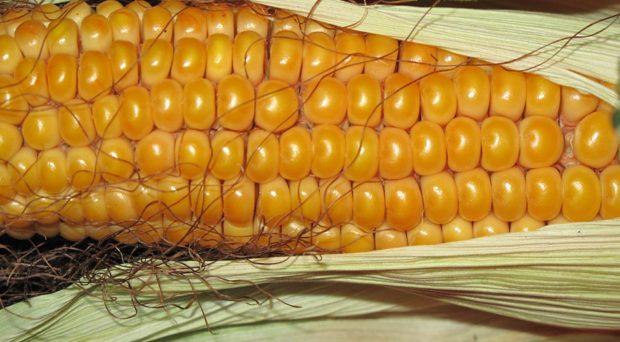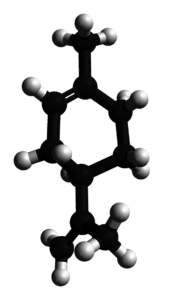
Pollen from maize or sweetcorn is known to be an important food source for the larvae of Anopheles arabiensis, and consequently cultivation of the crop can increase malaria transmission in endemic areas. However, maize is an economically important food crop and farmers cannot just stop growing the crop because of the malaria risk. Therefore, it is important to understand how the interaction between maize and the mosquito works…and then disrupt it.

Mosquitoes take olfactory cues from plants and microbes when determining where they lay their eggs (oviposition). In 2016, Betelehem Wondwosen and colleagues identified volatiles produced by rice plants that are involved in attracting gravid (egg-carrying) mosquitoes to rice fields. They found rice headspace (the air immediately above the rice plant) extracts, which included compounds such as ß-caryophyllene, decanal, sulcatone and limonene, attracted mosquitoes but only at medium doses. High doses of the headspace extract put the mosquitoes off.

In their paper published in Malaria Journal this week, Betelehem Wondwosen and colleagues from Ethiopia and Sweden, looked specifically at how gravid mosquitoes are able to detect where the maize fields are. They found that the gravid mosquitoes took their oviposition cues from headspace volatiles made by the pollen. The volatiles specifically attract gravid mosquitoes through smell to them and then stimulate them to lay their eggs. They identified five biological compounds in the headspace extract: benzaldehyde, nonanal, p-cymene, limonene and α-pinene.
Now that we know what the mosquitoes use to hone in on breeding sites, we can use this information against the mosquito. The five-compound extract identified by Betelehem Wondwosen in the Malaria Journal paper can be synthetically produced. At the very least, using the synthetic odours would confuse gravid mosquitoes, so they don’t lay their eggs in maize fields (and a ready source of food for their larvae) but potentially the synthetic compound can be used in malaria elimination programmes. The synthetic compound can be used to lure gravid mosquitoes to traps. Whatsmore, farmers can continue to grow maize for food.

Comments